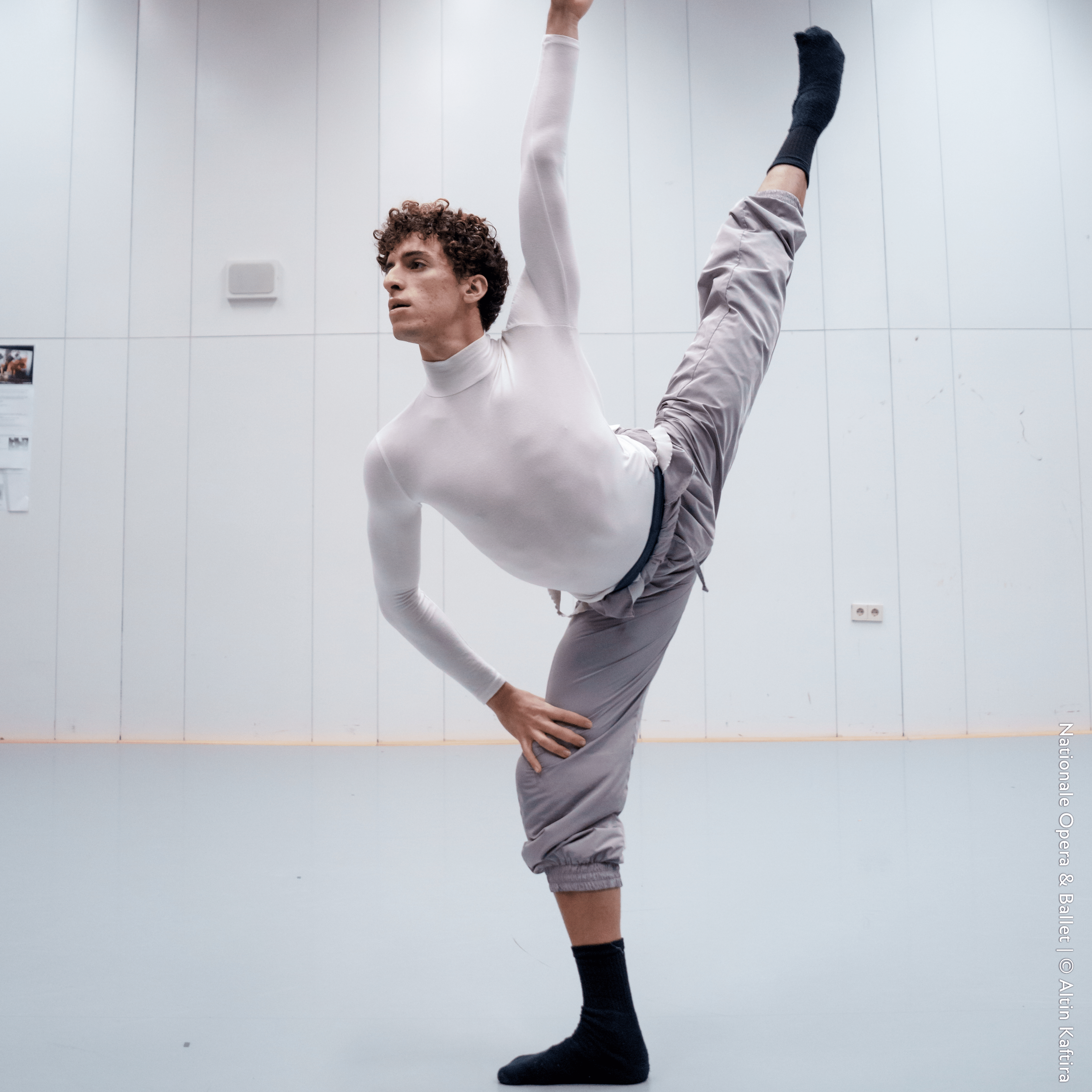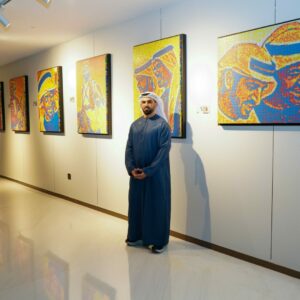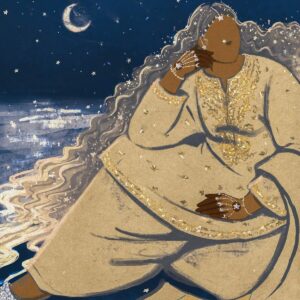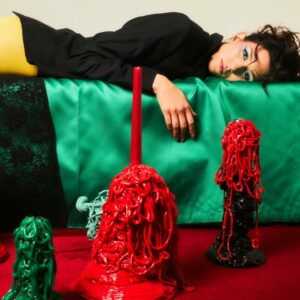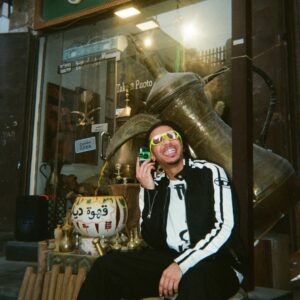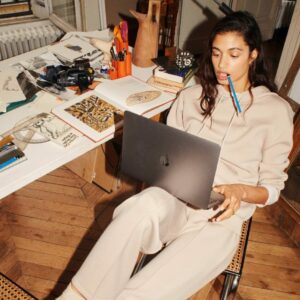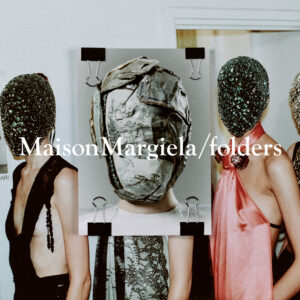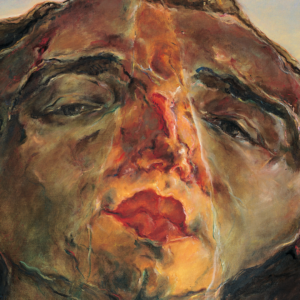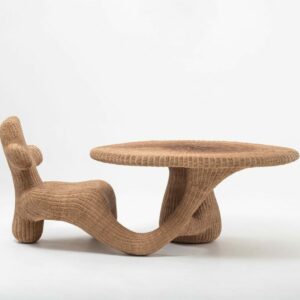The journey of French-Egyptian ballet sensation Luca Abdel-Nour (Instagram), commenced at the tender age of 12, and represents a passion that transcends borders. Leaving Cairo at 14 to nurture his craft abroad, he secured a scholarship at the Hungarian Dance Academy in 2017. Abdel-Nour’s dance odyssey took him to the Zurich Dance Academy, culminating in the attainment of his Federal Certificate in Classical Dance. The pinnacle of his artistic achievements unfolded at the Prix de Lausanne 2021, where he claimed the second prize and earned accolades as the Web Audience Favourite and Best Swiss Candidate, marking a meteoric ascent in the ballet realm.
Luca Abdel-Nour, welcome. What initially drew you to ballet, and how did you discover your passion for dance while growing up in Cairo?
Well I think I was always inclined to dancing in general, I could never sit still, always loved moving around. At L’école Oasis, we always put on these performances with dance, acting and music and I was just always fascinated by the art form. I only started dancing outside of school with Hip-Hop, because my sister was taking Hip-Hop classes. Then I started taking interest in contemporary, jazz, modern dancing and was told by many, many dance teachers and my mother that I should enrol in ballet classes to get better technique, so I did. I’ve never looked back.
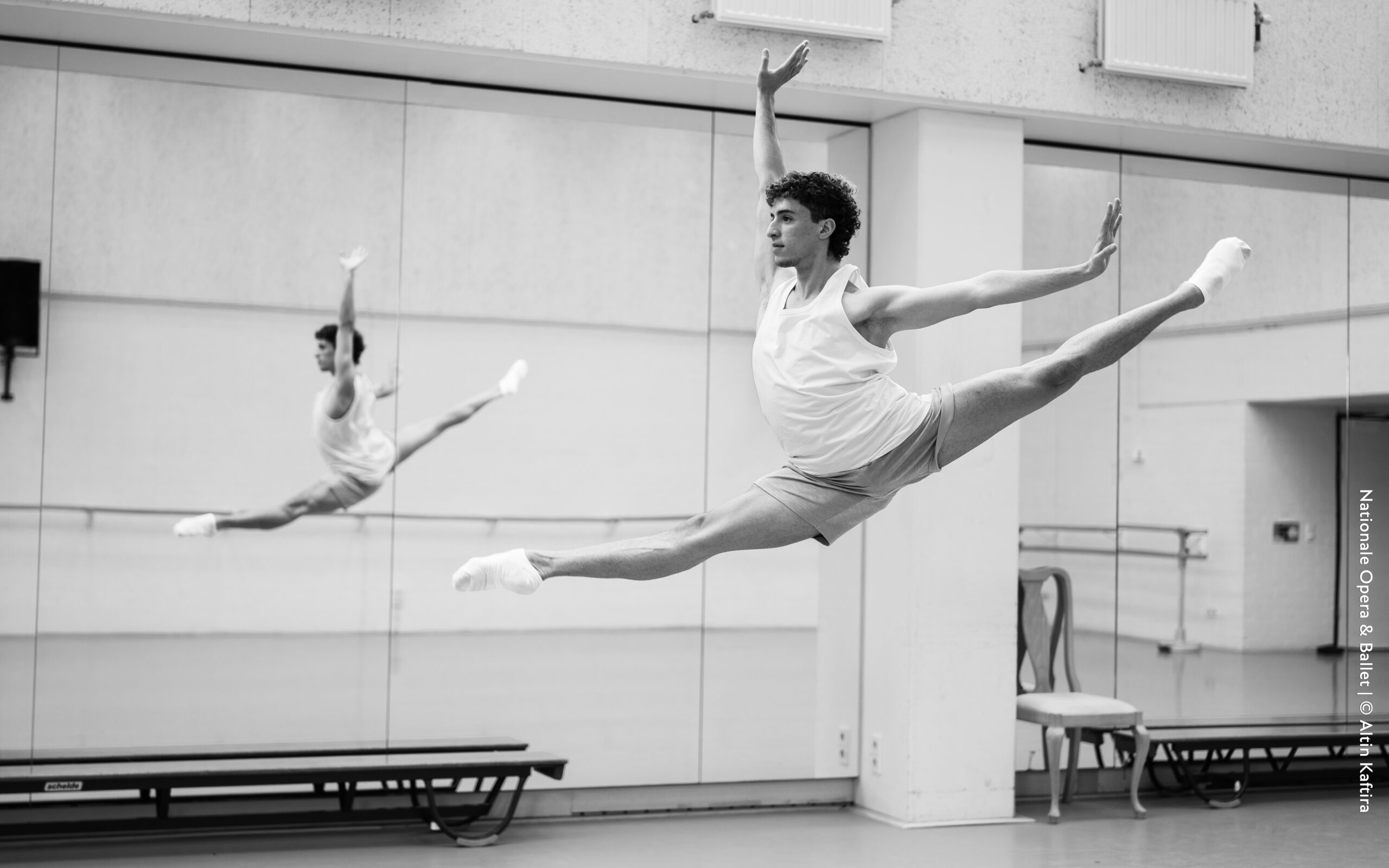
Can you describe a challenging moment in your career as a male Arab dancer and how you overcame it?
I think it was very early on when I realised that I needed to leave the country and pursue a full time ballet education abroad. That was my biggest challenge especially as a person who was born and raised his entire life in Cairo. I think it was also especially challenging for my parents, to whom I’m eternally grateful that they gave me the chance to explore what I love doing and supported me in making my passion my career, as well. However, I do believe that other people around me maybe didn’t understand what I was pursuing because ballet is not widely considered as a career choice in Egypt and the greater MENA region.
How did the decision to pursue ballet training overseas at a young age impact your development as a dancer?
I actually think that that decision didn’t only impact my development as a dancer, but also as a human, being dropped off in a foreign country where you do not speak the language at the age of 14 all alone was very challenging for me. Of course the training became more rigorous and demanding. I went from three ballet classes a week to six classes a week, plus many more dance subjects as well. So in the training aspect it was really good for me, to get stronger and learn from great teachers. However, I also needed to quickly learn how to take care of myself, pay bills, get insurance, cook, clean, get groceries. All by myself at the age of 14, of course with other dancer friends and companions that you meet along the way.
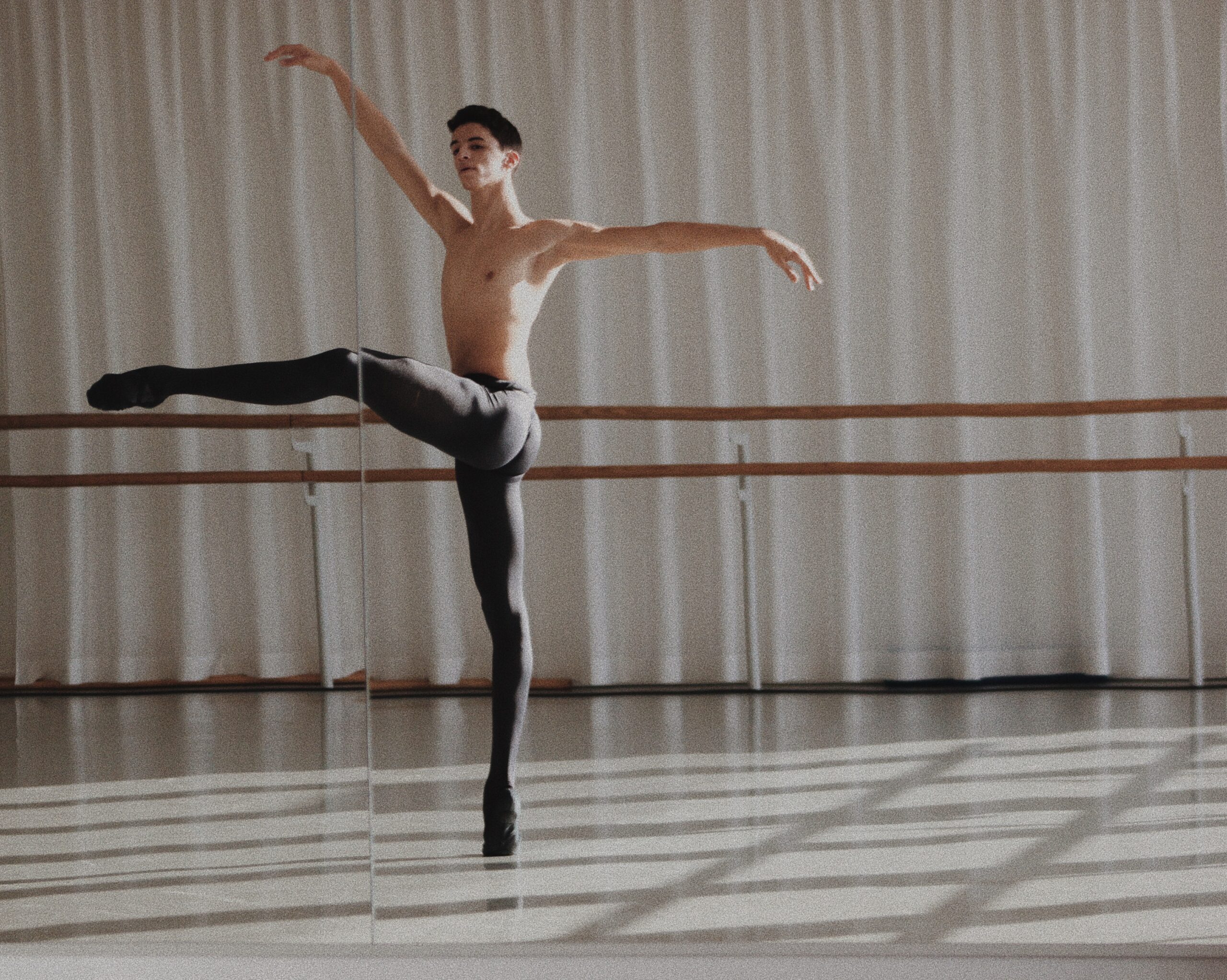
How does your cultural background influence your artistic expression, both on and off the stage?
I do believe that you can take a person out of Egypt but you cannot take Egypt out of the person. Growing up in such a vibrant, beautiful, history-rich culture really shaped my creative mind from a very young age. My father being a tourist guide, knowing a lot about ancient Egyptian history, I was introduced to that very early on, and always had a deep interest in ancient Egyptian history, and I cherish it till this day. There is something about growing up somewhere like Egypt that you cannot teach. The warmness of people, the beauty of ancient Egyptian history. The exoticism of an Egyptian belly dancer, they all build into your character whether you want it or not, and maybe I didn’t realise it at first. However, it becomes more apparent to me as I grow older and further venture into creating choreographic pieces and not just dance in them.
What are your aspirations for the future, and how do you see yourself contributing to the evolution of classical dance in the coming years?
Obviously, to grow as an artist, dancer, human being. To surround myself with people that inspire me and feed each other good energies. Dance more things that I really like and get to see what I could create in a studio as a dancer. I really see myself choreographing in the future. I’ve always been interested in it.
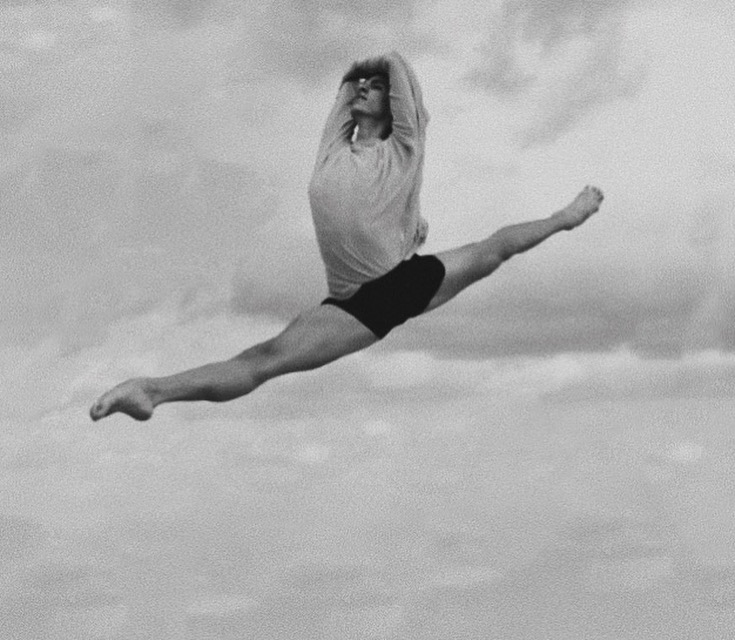
For more stories of art and culture, like that of Luca Abdel-Nour, visit our dedicated archives.
